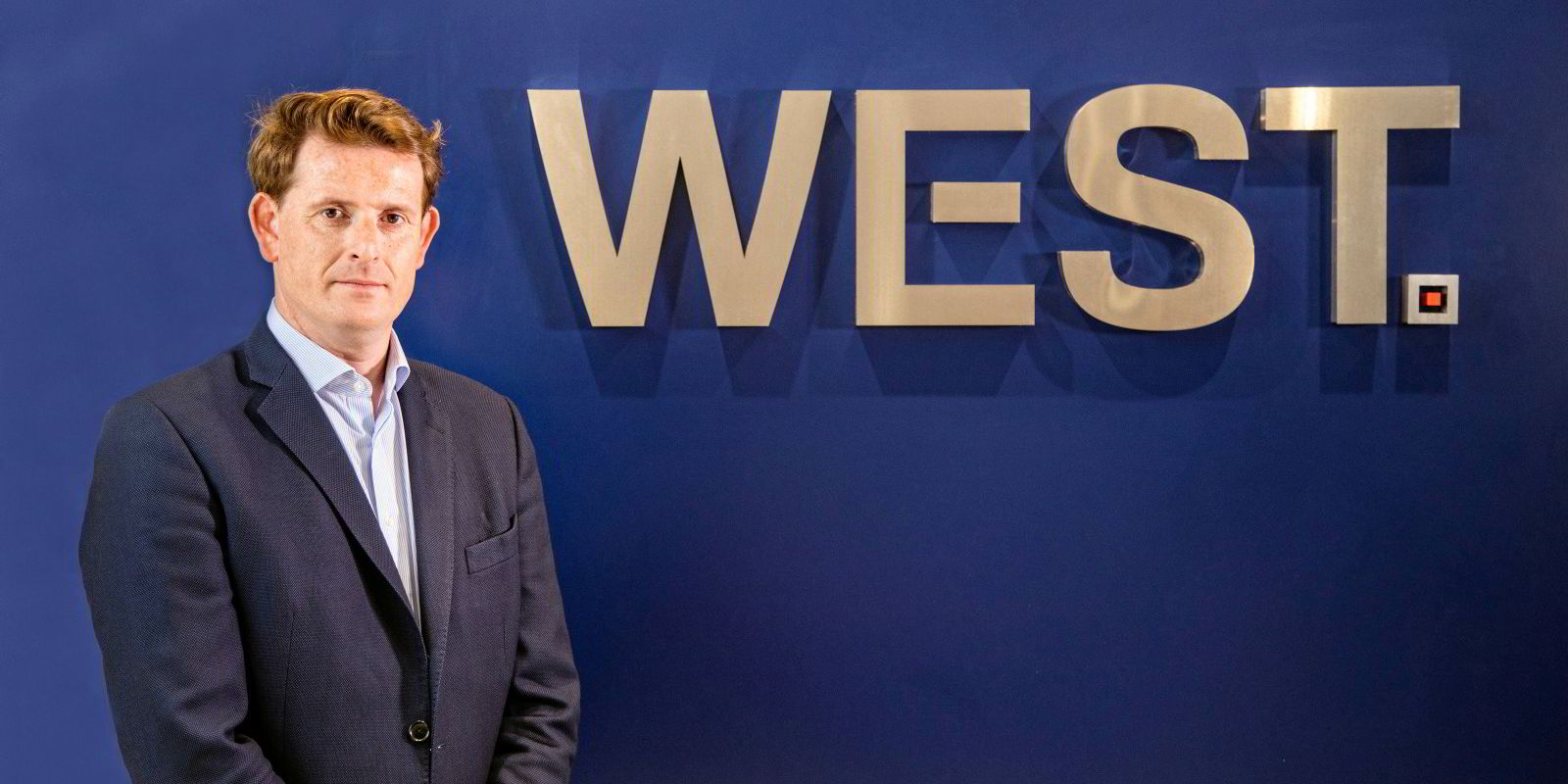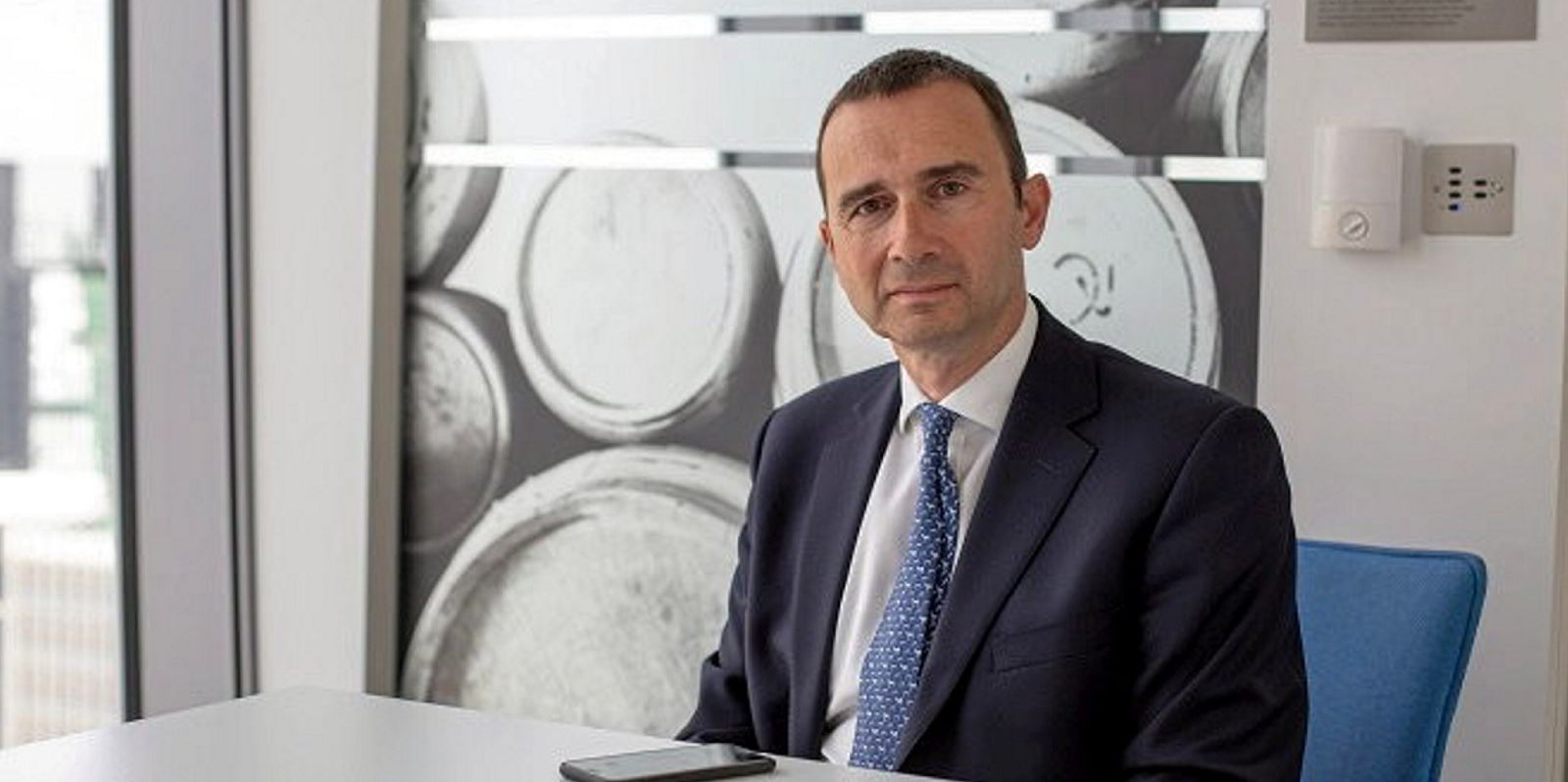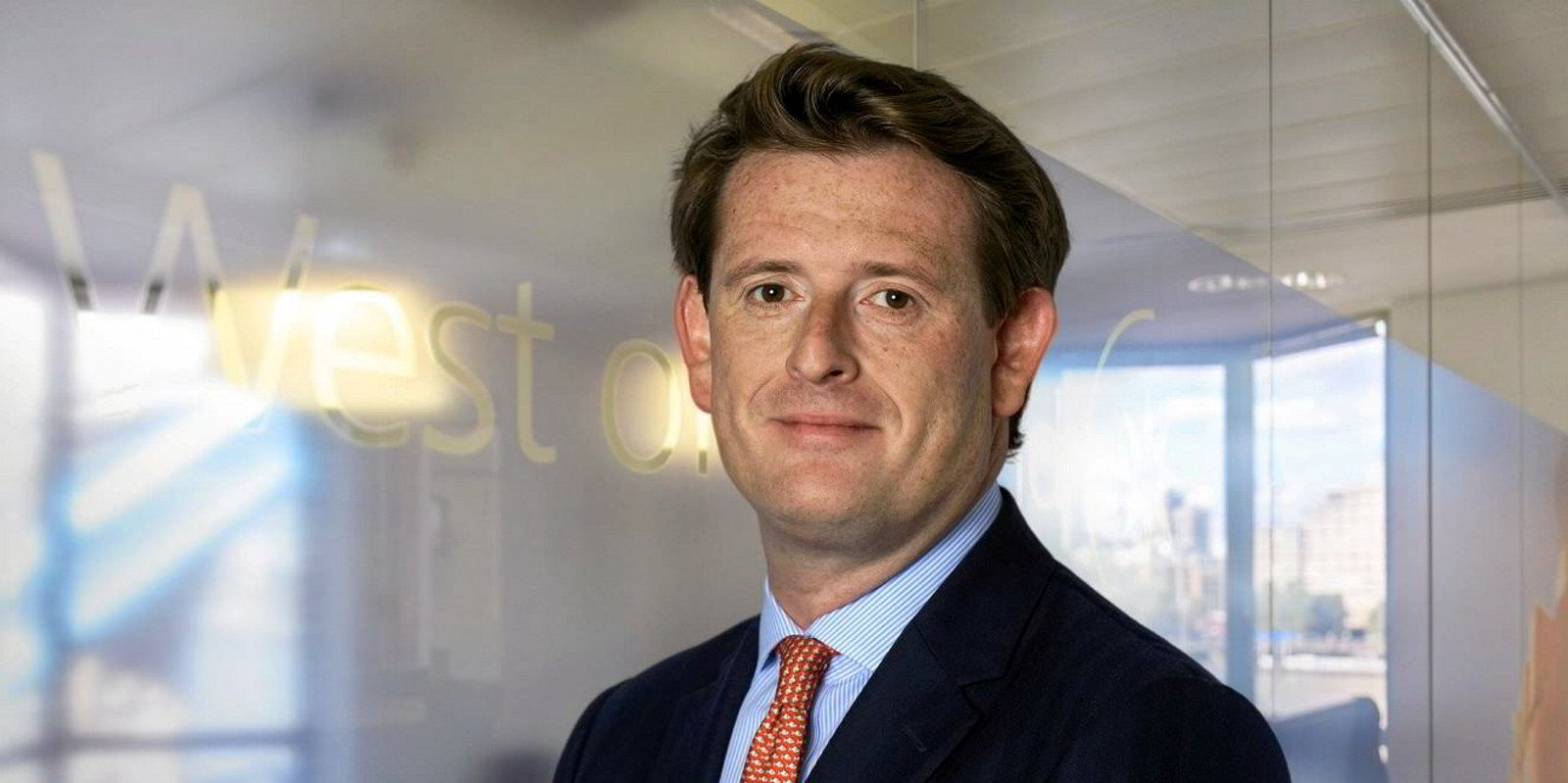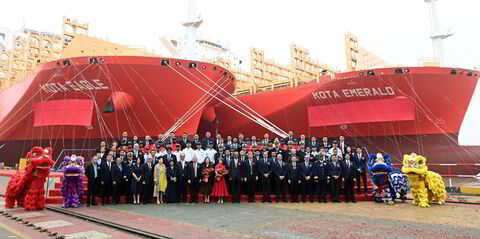The West of England is slowly building up an extensive book of insurance lines outside its main mutual protection and indemnity cover.
The strategy, which was launched in 2020, has been to grow gradually through buying into existing businesses and bringing in established experts.
The past few years have seen the London-based mutual become a shareholder in cyber insurer specialist Astaara and insurance provider Nordic Marine Insurance, through which it underwrites marine hull insurance and loss of earnings.
Former RSA Insurance Group and Victor Insurance hull specialist Richard Turner, who also chaired the International Union of Marine Insurance known as IUMI, has been taken on to advise on the commercial expansion that also includes strike and delay, war risk and, most recently, kidnap and ransom cover.
Nordic’s deputy director Jan Limnell, a well-known figure in the marine insurance market and former chair of the Nordic Association of Marine Insurers known as Cefor, is overseeing the hull underwriting.
During this period, the West has discreetly broadened its scope to include additional non-P&I insurance offerings.
Its charterers business has increased from roughly $15m annual income to $27m and its fixed premium from $3m to $25m.
Strategy over reinvention
“We took a view that to try to reinvent the wheel and build our teams to compete with existing products and expertise is probably not in our best interests,” said the West chief executive Tom Bowsher.
“Also, by working with partners, we can achieve a broader reach.”
Turner, who has worked exclusively in the commercial marine insurance market, has been able to add a different perspective to the mutual.
“Coming into a P&I club there is the extra dynamic of what you do for the members. This is about building out a sensible suit of products that are available to members, across a range of products that, they can tap into,” Turner said.
The West has also limited the risk to members’ capital. It is not relying solely on the club’s financial reserves to back the expanded business lines, but it is also tapping the commercial reinsurance markets.
That has helped provide a secure background when the product is still finding its feet.
“If you look at war or hull, we have a soft gradual approach. So it is not just about protecting the capital position of the club, which is of course a priority, but it is about learning about and growing the product and putting down the foundation and getting the brand expertise in place,” Bowsher said.
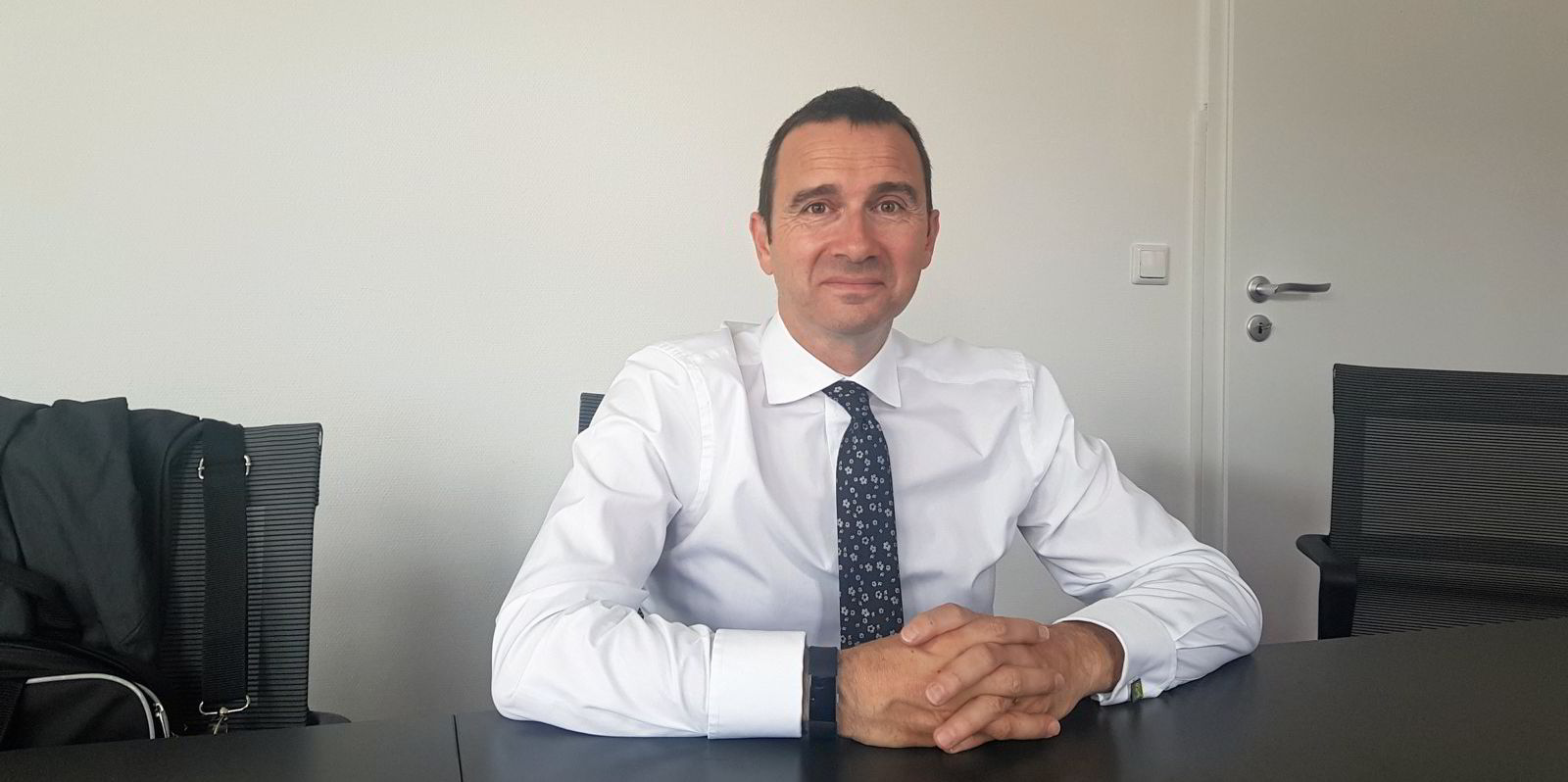
The Scandinavian clubs of Gard, Skuld and the Swedish Club have been successful in developing commercial marine insurance lines into significant parts of their overall business.
While the American Club, NorthStandard and the West are experiencing growth in their hull and machinery lines.
Bowsher believes P&I mutuals are in a good place to handle commercial marine business lines such as hull and machinery.
Sanctions, and increasing environmental and safety concerns have created a demand for added-value services from insurers.
Given the existing infrastructure of P&I clubs — encompassing expertise in loss prevention, compliance, technical, and legal domains — there is a compelling argument for them serving as a seamless fit for commercial endeavours, including hull and machinery operations.
“As mutuals, we are here to serve the members, we are not here commercially to make significant profits. That service ethos is something that we are seeing now in other lines of business that were not there in the past, that is why I think you are seeing that shift of hull to mutual clubs,” Bowsher said.
Turner added: “100% of what [the] West does is marine and I think every day every member of staff at the West is thinking and breathing marine shipping and the focus and level of expertise here is phenomenal.
“So, there is a gravitational pull of business that has sat in the commercial market towards the mutual sector in part because of expertise and the service.”
